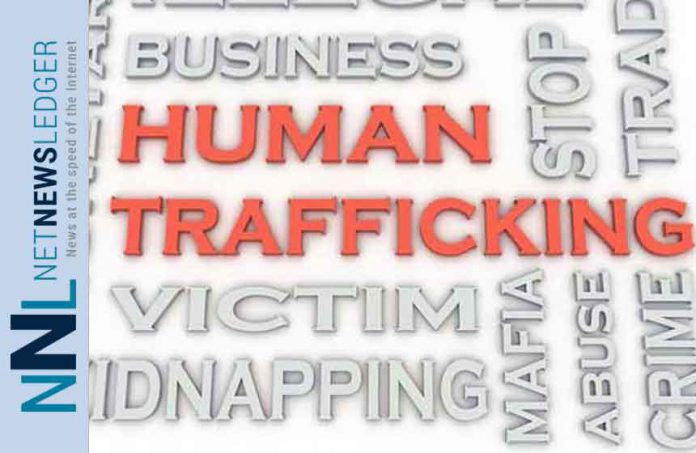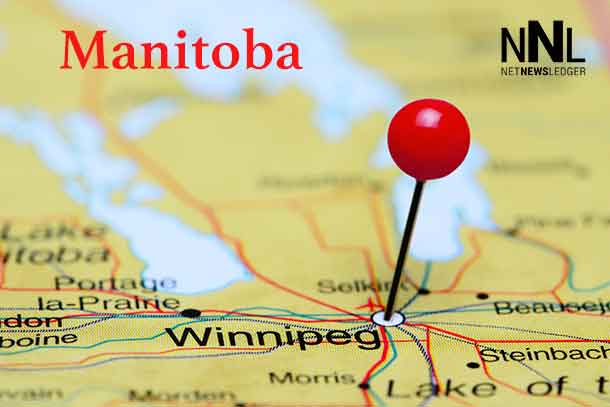OTTAWA – NEWS – Human trafficking is an abhorrent crime that includes sexual exploitation and forced labour, which devastates the victims and survivors, their families and society. Most victims and survivors of human trafficking are women and girls, including Indigenous women and girls, and marginalized groups in Canada. The Government of Canada is committed to countering this scourge.
“Canadians expect their government to keep them safe at home, at work, and in their communities. We know that women and girls, and particularly Indigenous women and girls, are disproportionately more likely to experience gender-based violence, and are at the greatest risk of human trafficking. That’s why we are making historic investments to end all forms of violence and injustice, including this new investment to help eliminate human trafficking in Canada and abroad,” says Maryam Monsef, Minister of International Development and Minister for Women and Gender Equality.
A first step was included in Budget 2018, which provided $14.51 million over five years and $2.89 million per year ongoing for the new Canadian Human Trafficking Hotline for victims and survivors in need of services and support. The hotline is a national, multilingual (200 languages, including 27 Indigenous languages), 24/7/365 service operated by the Canadian Centre to End Human Trafficking, a national charitable organization.
Building on that work, today, on behalf of the Minister of Public Safety and Emergency Preparedness, the Honourable Ralph Goodale, the Minister of International Development and Minister for Women and Gender Equality, the Honourable Maryam Monsef, highlighted the Government of Canada’s new National Strategy to Combat Human Trafficking supported by a further financial commitment of $57.22 million over five years and then $10.28 million a year on-going. The new Strategy takes a whole-of-government approach that will:
- empower victims and survivors to regain self-confidence and control over their lives;
- prevent more of these crimes from taking place;
- better protect those who are most vulnerable to trafficking;
- prosecute human traffickers for their heinous crimes; and
- embrace partnerships with provinces and territories and other organizations to maximize our impact.
To support this work, the Minister of Public Safety has appointed a new Special Advisor on Human Trafficking, retired RCMP Assistant Commissioner and member of the Mohawks of Kanesatake Shirley Cuillierrier. Ms. Cuillierrier will offer ongoing advice and recommendations to the Government on its efforts to combat human trafficking and bring awareness domestically and internationally.
The additional funding announced today will be used across government as follows:
- support the development of a national case management standard, public awareness activities, training tools, new contribution funding for support services, establishing an Advisory Committee and appointing a Special Advisor;
- Canada Border Services Agency to assess immigration enforcement processes and to establish a dedicated team of border officials to strengthen strategies;
- Women and Gender Equality Canada to develop and deliver prevention programs aimed at vulnerable populations;
- Immigration, Refugees and Citizenship Canada to better detect and respond to suspected cases;
- Public Services and Procurement Canada to enhance federal procurement supply chains with the goal of ensuring that they are free from human trafficking and labour exploitation; and
- Financial Transactions and Reports Analysis Centre of Canada to enhance Project PROTECT and increase capacity to produce financial intelligence on money laundering.
“I have seen the distressing consequences of human trafficking first hand through my work and as a community advocate. I am very grateful for the opportunity to contribute to the Government’s efforts to combat human trafficking, in particular as it relates to empowering victims, and I look forward to working with like-minded stakeholders,” states Shirley Cuillierrier, M.O.M., Special Advisor to Combat Human Trafficking.
Quick facts
- In 2016, Canadian police services reported 340 incidents of human trafficking where it was the most serious violation. This represents the highest rate recorded since comparable data became available in 2009.
- The Royal Assent of Bill C-75 gave law enforcement and prosecutors new tools to help enforce human trafficking offences and protect victims and survivors.
- At last year’s G7 Security Ministers’ Meeting in Toronto, Ministers agreed to work together to combat human trafficking by strengthening procurement practices and information sharing.
- The Government of Canada is investing nearly $200 million, and over $40 million per year ongoing, for initiatives to combat gender-based violence, in addition to creating or repairing 7,000 shelter spaces under the National Housing Strategy.
- Testimony from the National Inquiry into Missing and Murdered Indigenous Women and Girls has highlighted strong links between human trafficking and the disproportionately high rates of violence against Indigenous women and girls, noting that the extent of human trafficking and victimization of Indigenous women is grossly under-reported.
- On-going federal anti-human trafficking efforts include work by Public Safety Canada; the Canada Border Services Agency; Employment and Social Development Canada; the Financial Transactions and Reports Analysis Centre of Canada; Global Affairs Canada; Immigration, Refugees and Citizenship Canada; the Department of Justice; Public Service and Procurement Canada; the Royal Canadian Mounted Police; Statistics Canada; and Women and Gender Equality Canada.





